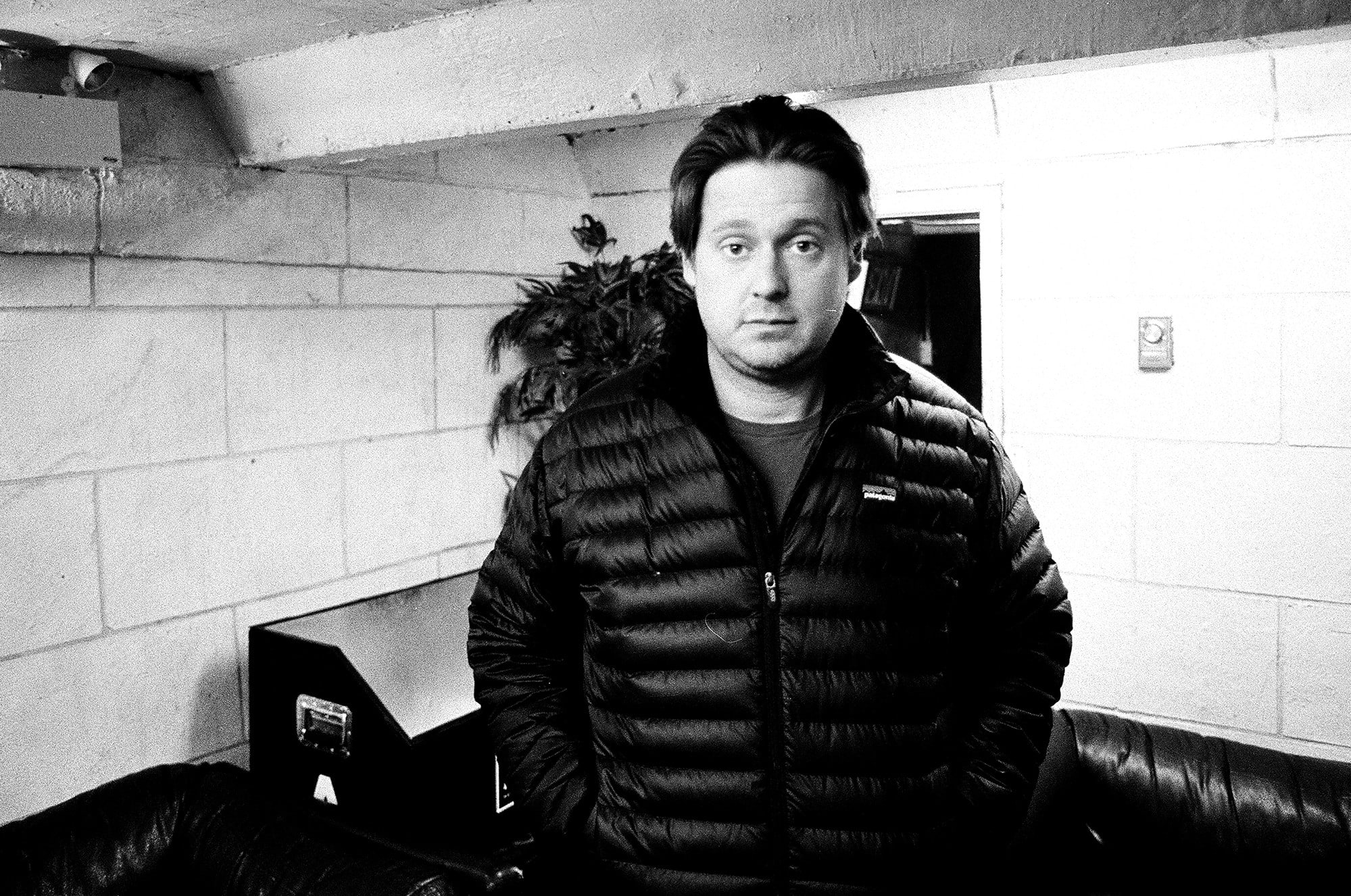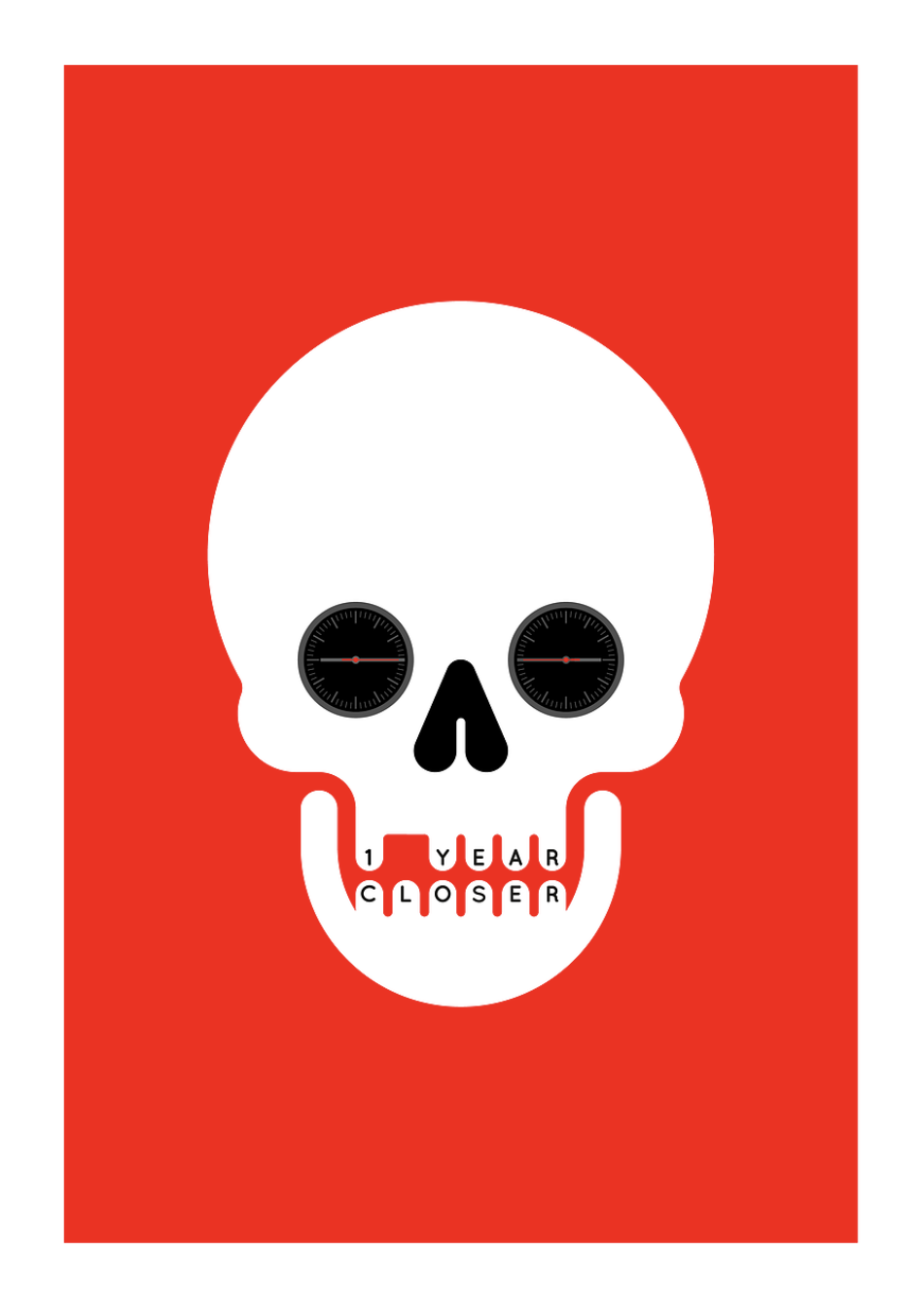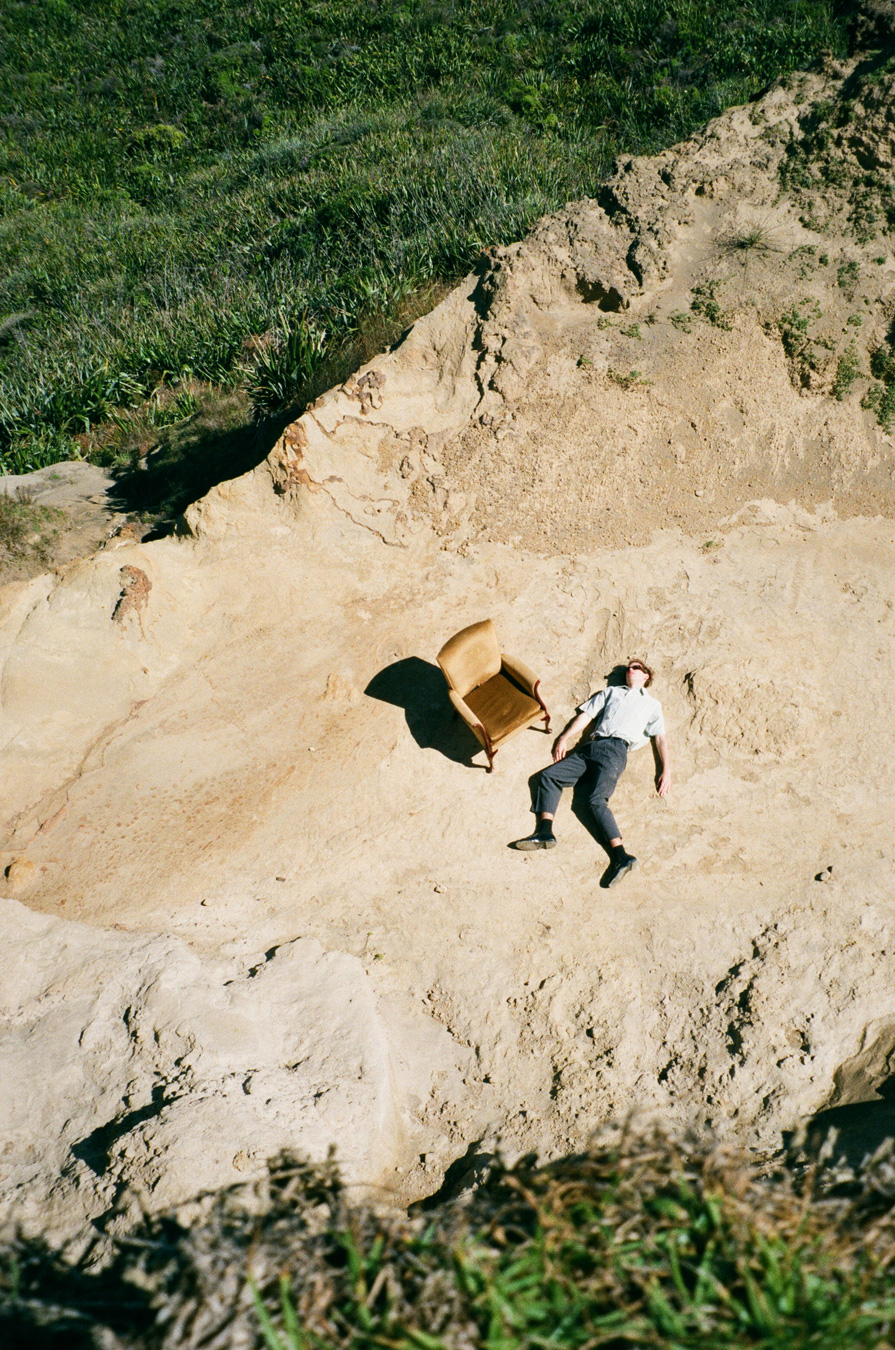We spoke to the Tim And Eric Awesome Show, Great Job! star about doing a great job.
Comedian Tim Heidecker is in a constant state of creation. A quick rundown of his work to date includes his initial success with collaborator Eric Wareheim with Tom Goes to the Mayor and Tim And Eric Awesome Show, Great Job!, the feature film The Comedy, a rumination on the hollow succor of irony, the right-wing action comedy series Decker and film review parody On Cinema.
When I met him in the basement of The Opera House in Toronto’s east end, just before he went onstage for a sold out stand-up show, I asked him how it’s possible to keep up such a prolific pace.
He shrugged it off, explaining that it doesn’t feel like that. “Some stuff doesn’t take very long to do, and you kind of do it in a very concentrated period of time, and dole it out in shorter pieces, so it might seem like every little thing is its own big thing.”
The idea is usually the quickest thing. You have this idea, and then you have to figure out how you’re going to pull it off and do it and get it right, shoot it, edit it.
Of all the different parts of the process, from fruition to completion, the most important bit is the least time intensive. “The idea is usually the quickest thing,” the 40-year-old Heidecker says. “You have this idea, and then you have to figure out how you’re going to pull it off and do it and get it right, shoot it, edit it.”
But that’s just the bones of it. As Heidecker explains over the length of the interview, each of those pieces are expansive and elicit numerous choices: how should this project look? What would this character do? What’s working and what isn’t? While the skeleton of a project can look relatively simple, the reality of it is much more complicated.
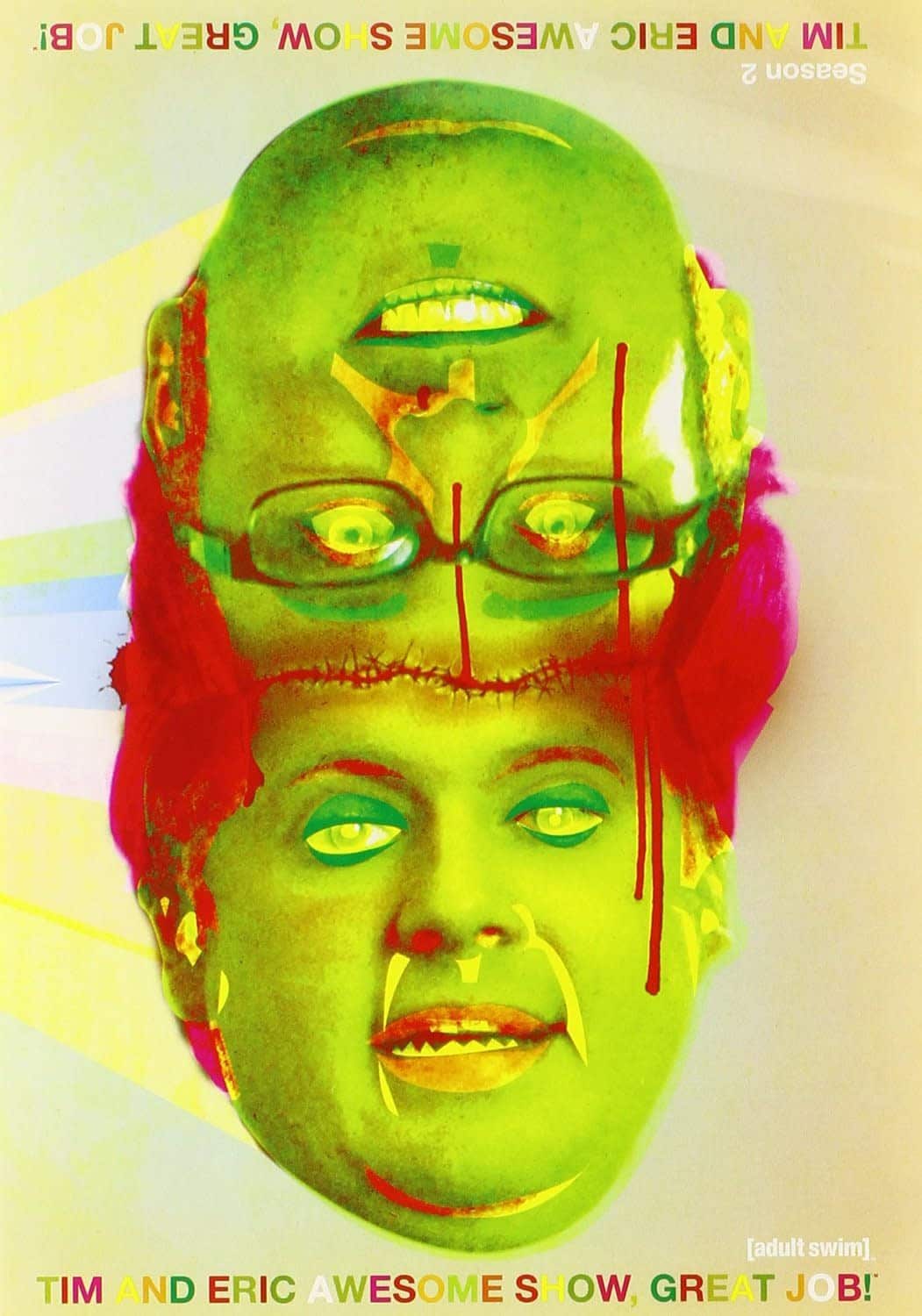
If making choices is one of the most important aspects of creativity—indecision is a death knell—then making the right ones in the midst of things like budget restraints, creative differences, and resource scarcity is an extremely special skill, and one that it appears Heidecker has honed over his influential comedy career.
Restlessness, as well as a dedicated desire to ensuring new projects stand apart from their predecessors, are the keys to Heidecker’s abundant creative production. At the end of our interview, he says they’ve just finished editing season four of Check It Out! With Dr. Steve Brule (featuring Academy Award nominee John C. Reilly), more On Cinema is on the way, a new season of Decker is in the works, and he alludes to “some exciting secret projects.”
When I observed this commitment to keeping things fresh sounds like the reason why his output is so incredibly diverse, Heidecker agrees: “People always inspired me—Dylan, David Bowie, these guys who were totally able to shed their personas and make a new character. There’s a lineage, but they’re all different.”
Format: How do you create your characters? A lot of them seem like versions of you, fantastical…
Tim Heidecker: … darker, shittier versions of myself. I have a limited range of what I can do, and I can kinda just play to those that serve the idea efficiently. We just say like, what kinda guy is this guy? What would he be into? What are his likes and dislikes? And just keep building it from there.
Is there some sort of mental toll that comes from playing constant characters?
Well, I don’t play them constantly. You do things in big bursts and then come out of it and go back to your life, and most of your life you just live fairly normally. But it’s a good outlet for whatever things are rattling around in my head. You can kinda release some steam through some behaviour that might not be appropriate in real life.
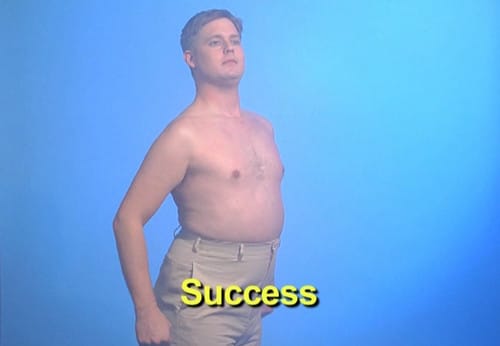
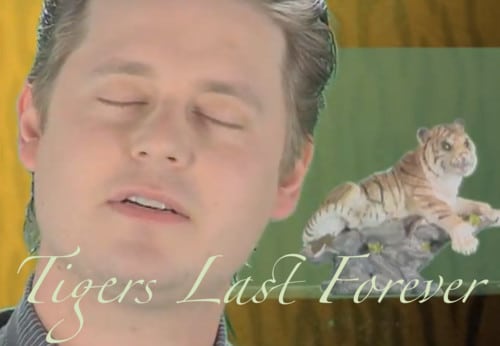
Is it ever scary to see those separate versions of yourself?
I don’t have a big personal connection to it. It amuses me and it amuses the people I do it with, and it’s just a fun exercise, really.
Everything you create has such a strong visual identity to it. How do you decide what something’s going to look like?
Again, it’s whatever serves the idea best. And we’re very holistic about the comedy we make, and it’s gotta feel fully realized. The finished version should feel very clear about what it is. And it’s almost always a reflection of something that exists in the world. There’s references for that.
If it’s the Steve Brule show, that’s always gotta feel like the Steve Brule show, Check It Out. Decker always has to feel like these guys [from On Cinema] made it. And we can justify certain production value increases or something, but there has to be a logic to it. There has to be an answer for why it looks a certain way.
We’re not just interested in making sketch comedy, you know? We’re interested in making things that live on their own. My favourite sketches in Mr. Show or Saturday Night Live growing up were always those parodies of commercials or shows, the stuff that really felt like they did their research and made it feel real.
That’s all the stuff I want to do. When we’re working in a visual medium, we want to make that feel complete.
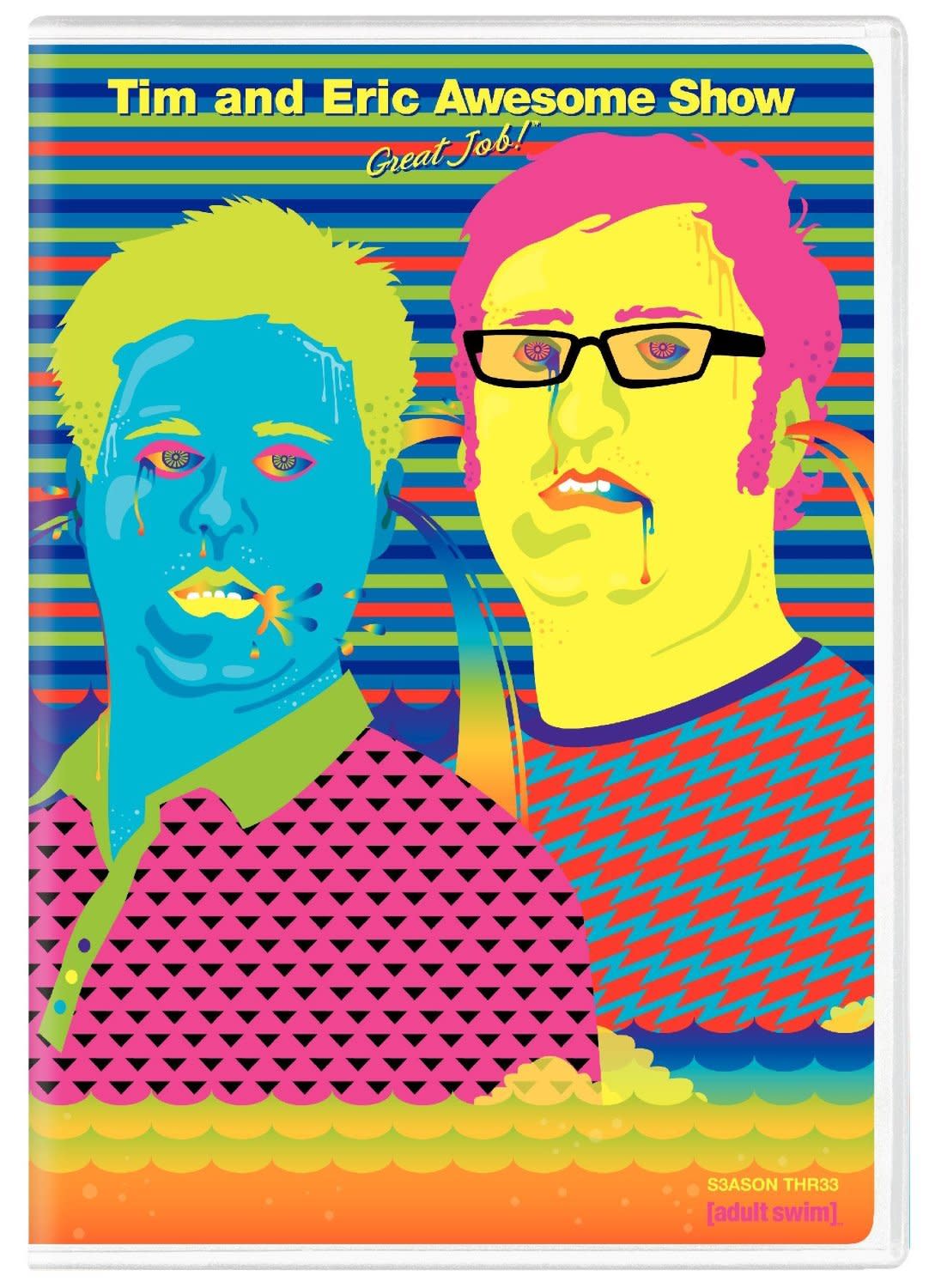
How did On Cinema come about?
Gregg [Turkington] and I were both in The Comedy, and we were living in an apartment together for a week, because it was a very low budget movie and they put us up in an Airbnb. We had a lot of time to kill and we were just goofing around, I had my phone out and we said let’s make a pointless movie podcast about two guys where all our facts are wrong and it’s very cursory.
We were making fun of podcasts, you know, these self-indulgent podcasts about movies. From there we just kept doing it and it was just an energizing experience to try these new characters out. Gregg hadn’t done anything in a while that wasn’t Mr. Hamburger, and then it just developed from there.
I went naturally my direction of being this bully jerk, and Gregg developed his character. And we were able to develop that while we were making it, which was kinda cool. So when we made the web series, that was already in place. The dynamics were sort of already there.
You and Gregg are a great duo and obviously you have a history with Eric Wareheim. What do you think makes a successful collaboration?
Mutual respect and obviously mutual appreciation of the other person’s ideas, sensibilities, and humour. I’m a fan of Gregg and of Eric, and it’s just more fun to do something with somebody else rather than on your own. It’s easier, you can share the burden, you have somebody to talk about it with.
Do the ideas come fairly naturally or do you end up fighting all the time?
Not really. Eric and I had our period when we were younger and figuring everything out, and there would be some working out of kinks, but over the years you just kinda settle into… there’s certain things I care about, certain things he cares about, a lot of common ground, mostly common ground. And then things you don’t agree with, sometimes you argue to the point where you’re like, ‘You know, it’s just a fucking stupid TV show, so I don’t really care.’ Somebody usually says that, and you move on. Because you know the sum is greater than the parts.
What’s it like to know there are artists who count your work as an influence on their visual art?
It’s really cool. It’s rare to see somebody that I love because they’ve come from watching our stuff. It’s either too close or I’m personally not as weird or into weird stuff anymore.
I just feel like I don’t watch as much stuff or engage with art as much as I should, just because I’m maybe too busy with my own stuff. But someone like Vic Berger, who I kinda found through him sending us videos, I find is like, a genius, and clearly kinda came up watching us, and has his own take on things.
I love his stuff, so it’s neat to see him kinda graduating and getting his own recognition. And we’re starting to have people come work for us, interns and young people, crew people and stuff, who’re like, ‘I’ve been watching you since I was 11 years old.’ What the fuck is that? That’s crazy.
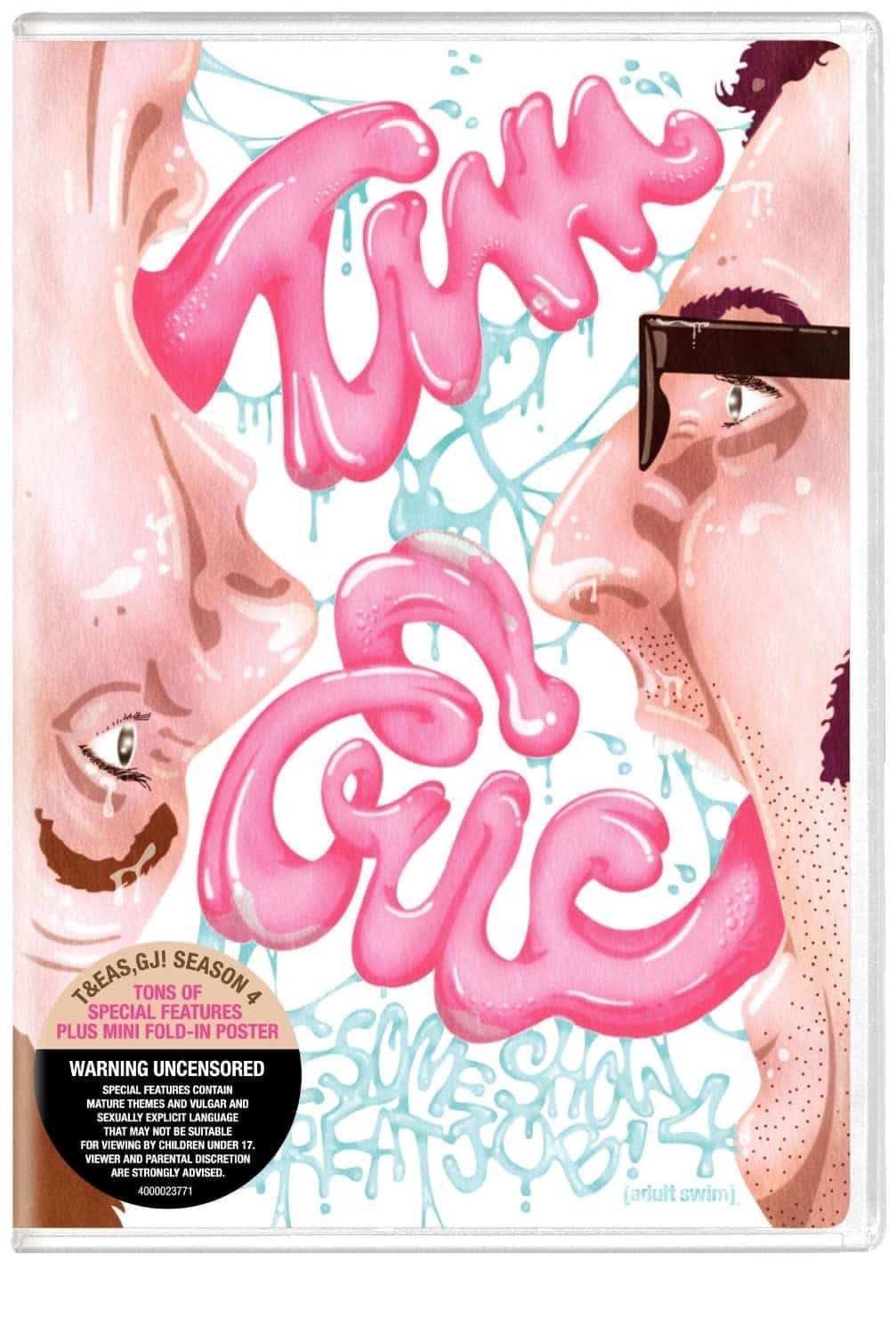
Was that kind of inconceivable when you started out?
Yeah—I mean to some degree it’s a cycle that just happens over and over again. Not to compare us to these people, but you know, the Mr. Show guys grew up watching Monty Python, and we grew up watching Monty Python and Mr. Show, and now kids are growing up watching our stuff, and there’s gonna be people who make their own show who consider us what influenced them.
To me, I think we deserve to be in that. We’ve been doing this for a while, we’ve made a lot of stuff, there’s a legitimate audience for it, and the audience for it is a lot of creative people. It’s a lot of artists and young kids who are doing videos and editing, and making music, and those are the kind of people who seem to gravitate towards our show the most. So naturally they’re gonna be making stuff and it’ll have a little piece of us in there.
Make it for you and your friends. That’s who your first audience should be. If we’re enjoying it, there’s a good chance that somebody else is going to.
What do you think makes a group or a person get to that point? What’s the difference between successful and unsuccessful comedy? And I mean in the commercial sense, and critically.
First of all, just to give yourself a chance to be successful in this kind of work, it requires a lot of discipline, a lot of hard work, a lot of luck, a lot of generally trying to be a good person to other people along the way, not being a total dick.
And then what makes something funny is a very hard thing. I don’t connect with what most people think is funny. Like, 80% of the time I don’t.
There’s a lot of comedy that follows a certain format, that is safe and plays across certain structural rules that have been set up for a long time. But to create a different voice you have to have a different voice, you have to come at it from a different place, make it personal, make it for yourself first.
Make it for you and your friends. That’s who your first audience should be. If we’re enjoying it, there’s a good chance that somebody else is going to.
What are some examples of things you connect with and don’t?
I hate saying what I can’t connect with, because I just don’t like going on the record bashing somebody. It’s not up to me. But I like the British comedy stuff, Look Around You, just some weird… I don’t know, I’ve been a little bit adrift with comedy lately, I just haven’t found a lot of things that have come out recently.
I really liked the Rob Delaney show he did in England, Catastrophe. I was really surprised because I didn’t think I would like it, and I really liked it, so that was a good feeling.
It was very unplanned and not very strategic. It was just Eric and I making videos in our free time to amuse ourselves, not planning a career to do it.
What was influential on you starting out?
You know, all the classic stuff. I grew up loving Saturday Night Live, Monty Python, Kids In The Hall, The Coen brothers movies, The Simpsons, Spinal Tap, all the Christopher Guest stuff.
Weird stuff like the Talking Heads movie True Stories was a big thing. Woody Allen I was a big fan of. All of comedy I was exposed to was pretty mainstream, because there wasn’t a lot of alternative comedy to know about in the ‘80s and ‘90s. But I loved it all, so I didn’t see it as being establishment.
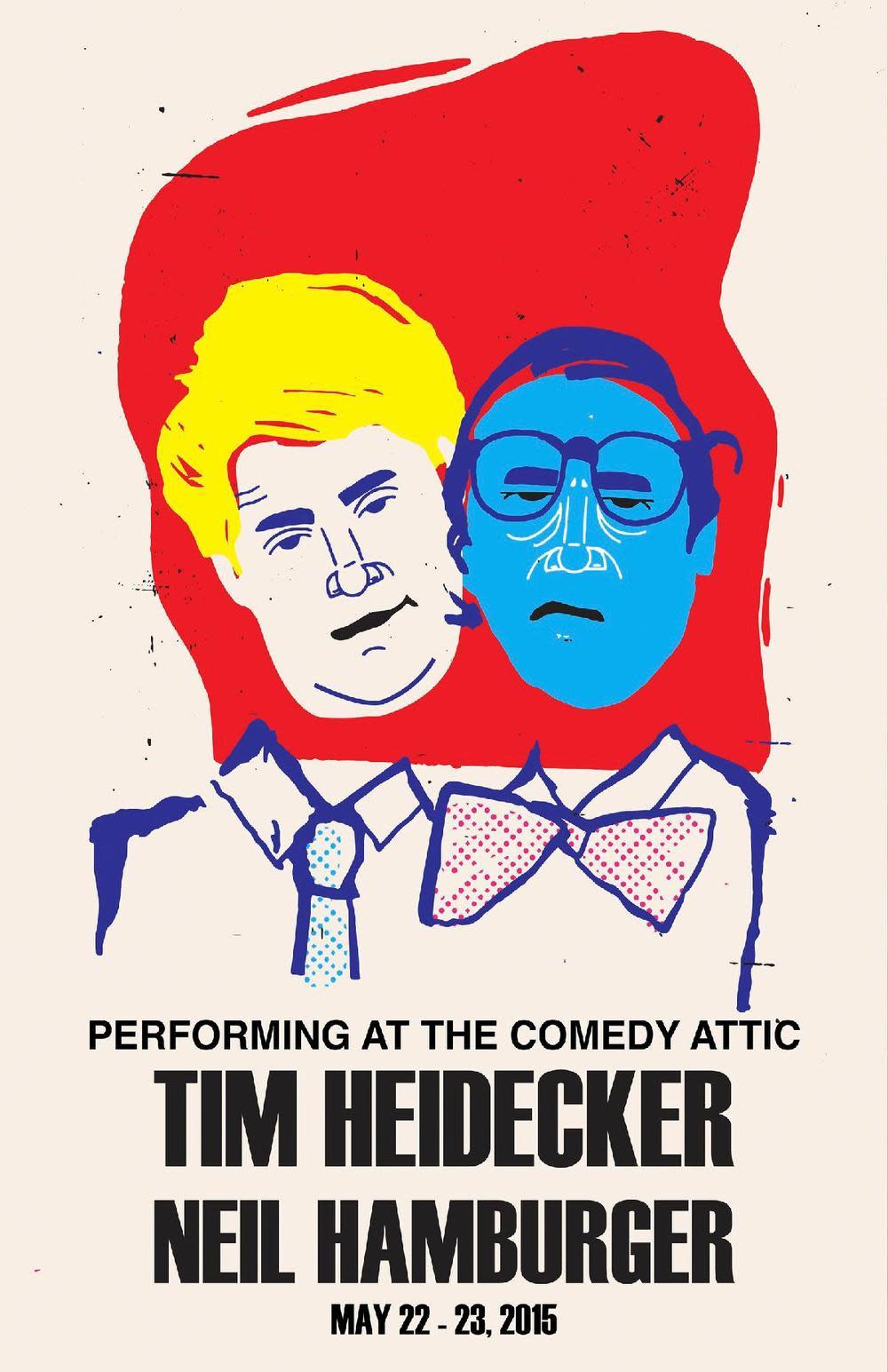
Back in the ‘70s there was a lot of great stuff: Andy Kaufman, Albert Brooks, David Letterman. They were really out there and doing some stuff that’s just as strange or stranger than what we’ve been doing.
So how do you take that and make your own voice out of it?
It took time. It was very unplanned and not very strategic. It was just Eric and I making videos in our free time to amuse ourselves, not planning a career to do it. But after a few years of doing that, we weren’t seeing a real future in anything else, and decided to try to be more serious about the work and see if we could take it to the next level, because we did feel like we were doing something different.
Are you conscious of that voice now?
There’s an established set of things now, where you think about ideas to serve those things that have been set up, and then there will be ideas that come out of nowhere, where you think, ‘How can I do this different?’
If I have an album idea or a song idea that doesn’t fit into any of those tents I’ve set up, I have to build a new tent, and give that a shot.
Header image by Matt Williams
